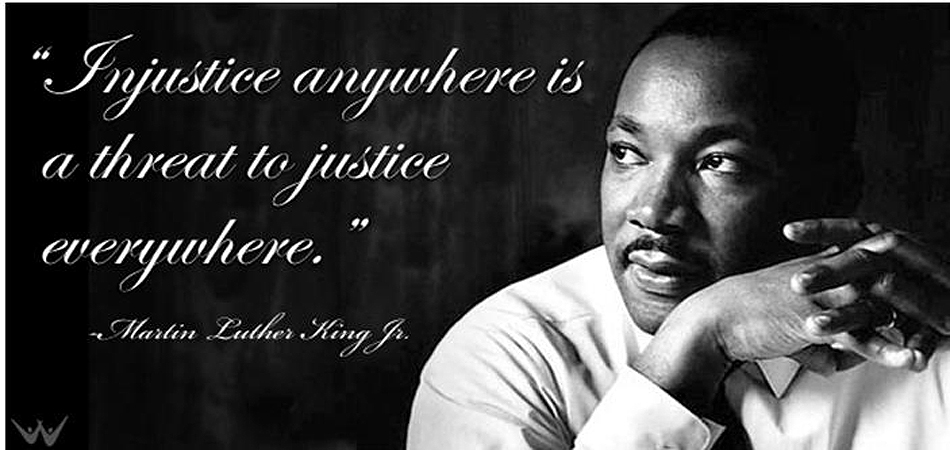Happy Columbus Day, everybody. This has become a No Spoon tradition - a post reflecting on Columbus. Yet another year and another day off for me because of arguably the worst holiday in America. It feels wrong to celebrate somebody who massacred an indigenous population. It feels worse because kids are generally taught that Columbus was some sort of hero, and learn pretty much nothing about the atrocities he committed. Should we be teaching young kids about genocide? Well...at the very least, we shouldn't be teaching them to lionize somebody who did horrible things. Just keep in mind what Columbus actually did. We've known about the specifics, in pretty specific and graphic detail, for quite some time now, thanks to La Casas.
Anyway, I wanted to refer you to3 4 things (see, I update this post every year!) on Columbus Day. One is a previous year's post about it from me. Two, check out this video from the National History Day documentary competition. It's relatively short (10 minutes). Three, it's high time to rethink Columbus Day. Four, check out this good read on Columbus, La Casas, and many things we simply have wrong about Columbus (for instance, did you know that Columbus was, in some way, the father of the trans-Atlantic slave trade?).
Columbus - The Hidden History from Nonchalant Filmmakers on Vimeo.
Anyway, I wanted to refer you to
Columbus - The Hidden History from Nonchalant Filmmakers on Vimeo.










